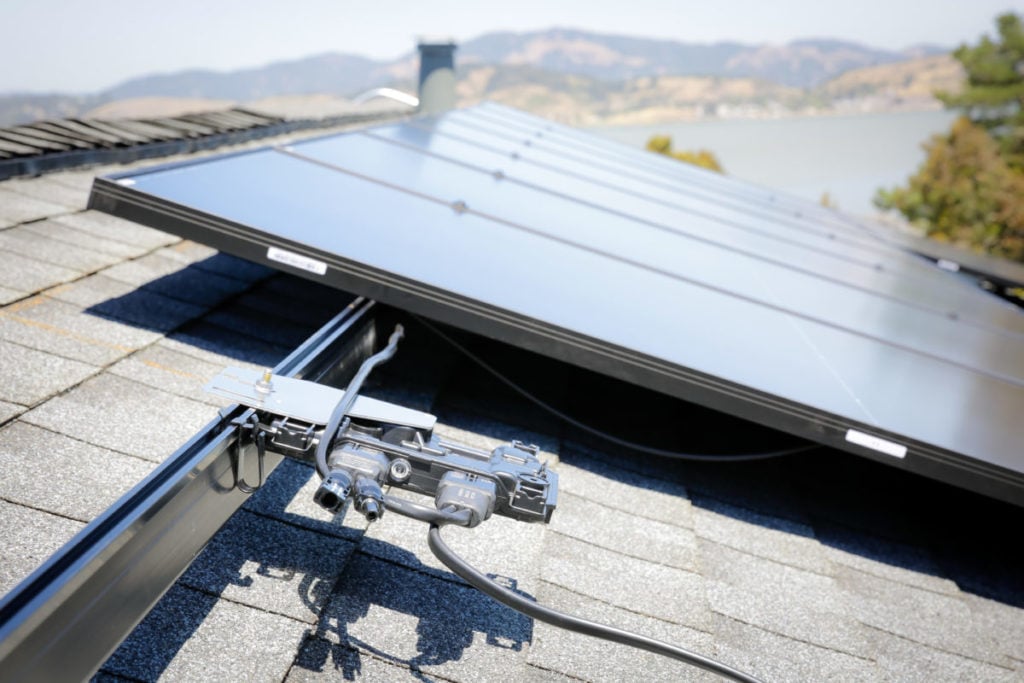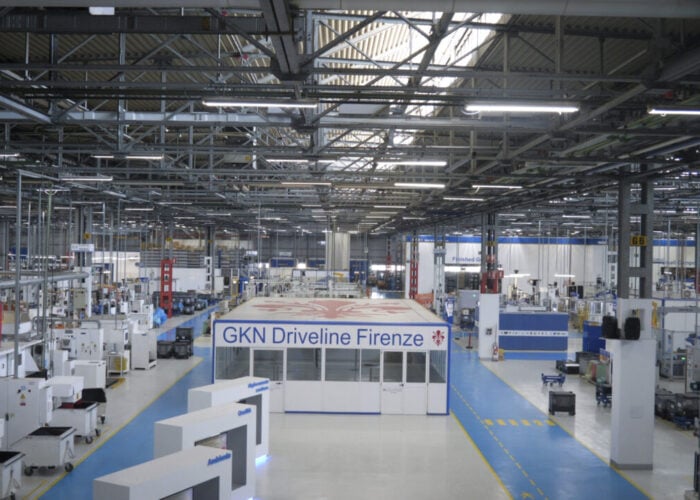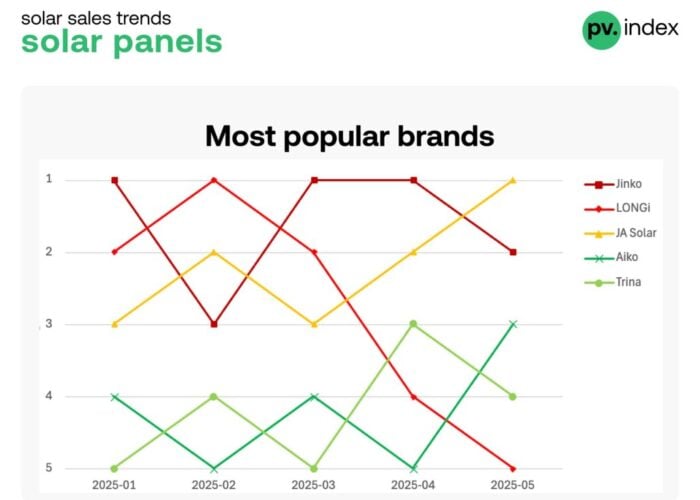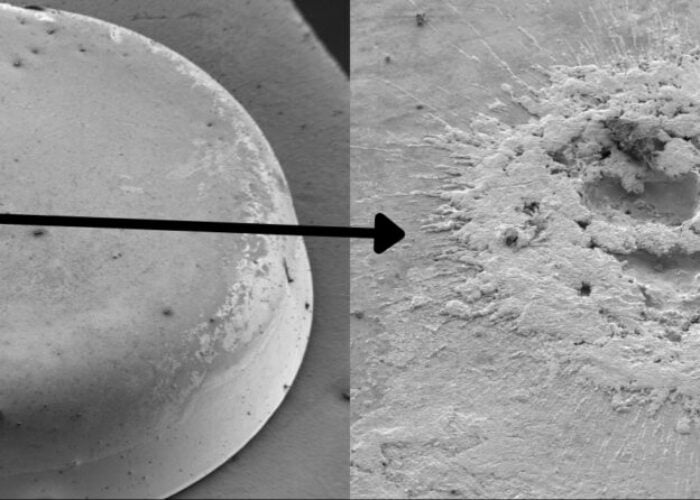
The Dutch Senate has rejected a bill to phase out a proposed net metering scheme that would come into force from January 2025.
The bill planned to gradually phase out the scheme from 1 January 2025 to 1 January 2031. The Dutch Senate said that the input from small consumers will no longer be offset against their purchase of electricity from the grid starting from January 2025. Instead, only part of the electricity fed into a grid may be offset against the purchase from that grid via the same connection.
Unlock unlimited access for 12 whole months of distinctive global analysis
Photovoltaics International is now included.
- Regular insight and analysis of the industry’s biggest developments
- In-depth interviews with the industry’s leading figures
- Unlimited digital access to the PV Tech Power journal catalogue
- Unlimited digital access to the Photovoltaics International journal catalogue
- Access to more than 1,000 technical papers
- Discounts on Solar Media’s portfolio of events, in-person and virtual
This percentage of compensation will be gradually reduced to zero until 1 January 2031.
Dutch climate and energy policy minister Rob Jetten said the scheme is now “outdated, expensive and an unjust redistribution,” although the scheme has proven to be effective.
Opponents of the phase-out said that as long as alternatives are not properly arranged, the scheme should be maintained to enable more people to make use of this financial incentive to make their homes more sustainable. On the contrary, others said it was time for new and more targeted alternatives.
In response to the rejected phase-out of the bill, Wijnand van Hooff, general manager of trade group Holland Solar, said there is now clarity, but the Dutch solar sector cannot ignore the consequences of this decision made by the Dutch Senate for the electricity grid.
Holland Solar added that there are 2.6 million solar module owners in the Netherlands currently using an average of 30-40% of the generated electricity themselves, with the rest being fed into the grid, which could become overloaded during peak times.
Currently, about 750,000 inverters fail on sunny days in the Netherlands as returning solar power during peak times puts extra pressure on the grid.
“The netting scheme does not provide any incentives for the solar module owners to use their own generation. We would like to enter into discussions with the government to find solutions for grid congestion on the low-voltage grid caused by netting,” Holland Solar said in a statement.
Meanwhile, Enphase Energy welcomed the decision to maintain the scheme.
“Enphase believes the decision is positive for homeowners and is expected to maintain an average estimated payback of less than five years for solar-only systems. It is also important for homeowners to future proof and maximise their solar investment with or without net energy metering by adding batteries and energy management software,” said the company.
The scheme was introduced in 2004 as an incentive to encourage the public to purchase solar modules to generate electricity. The energy supplier will compensate a household or a consumer when they return more electricity than they consume. The suppliers’ compensation would enable consumers to recoup the investment.
In the meantime, energy companies’ losses incurred by compensations to can be recouped by increasing the electricity rate for everyone throughout the year. Therefore, customers who do not have solar modules indirectly contribute to the scheme.







